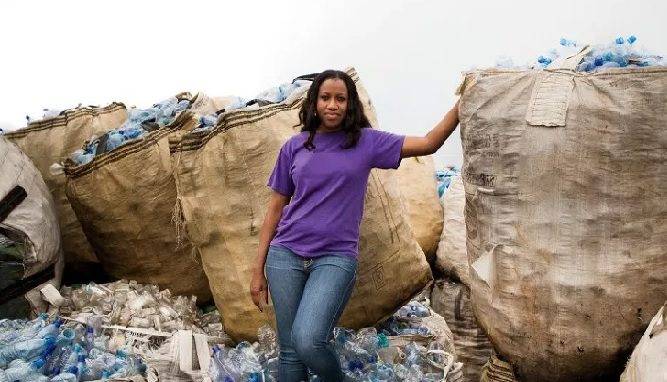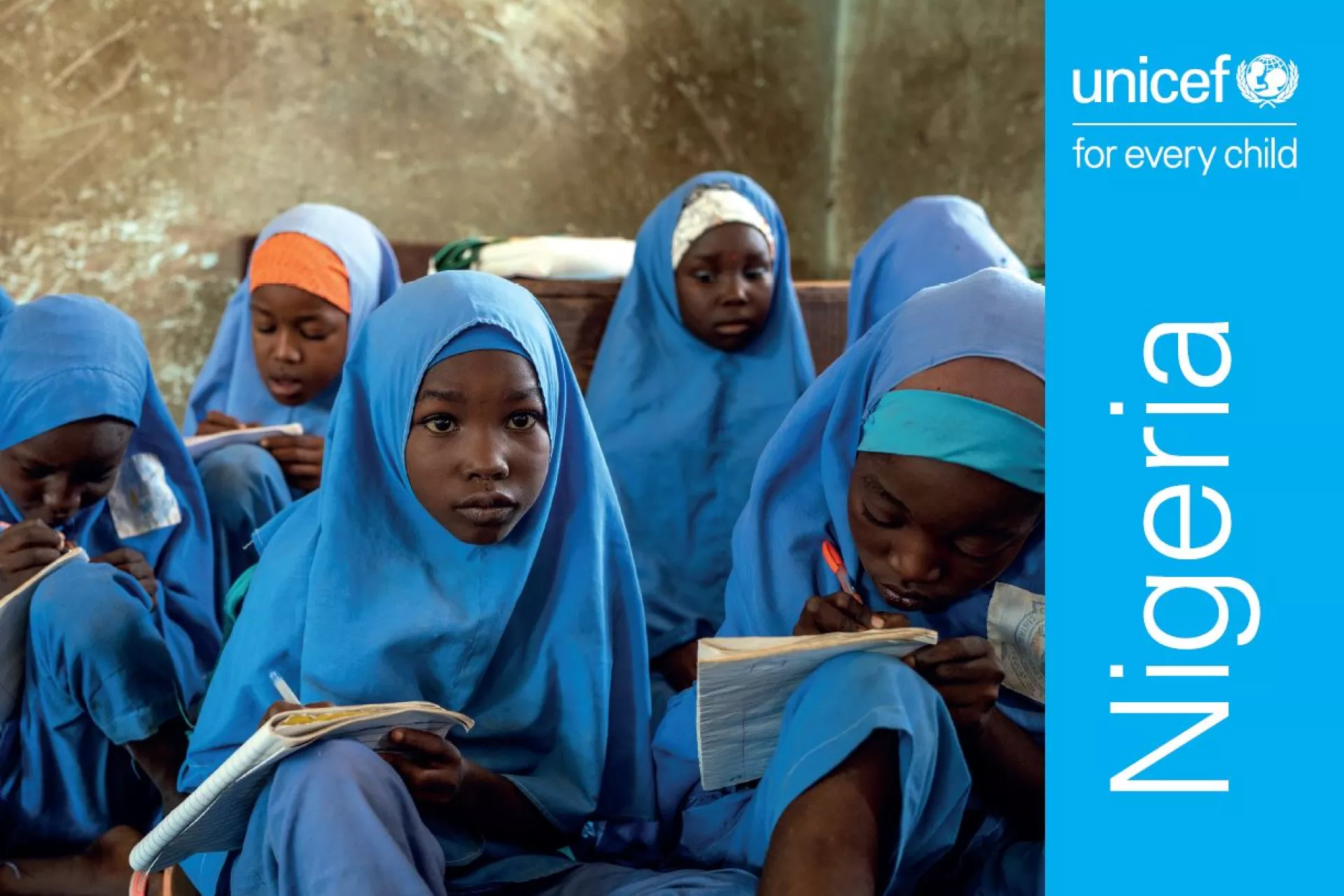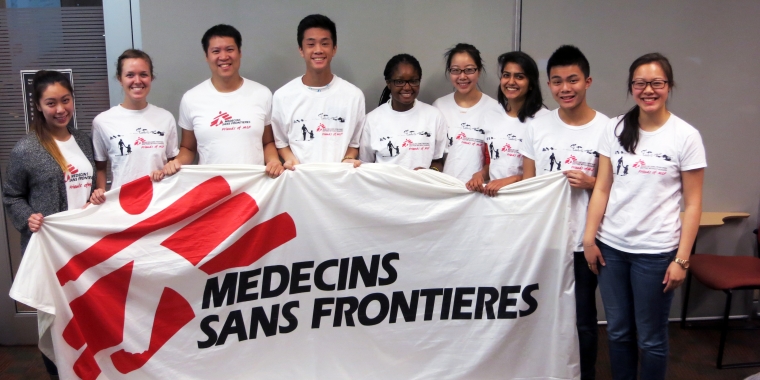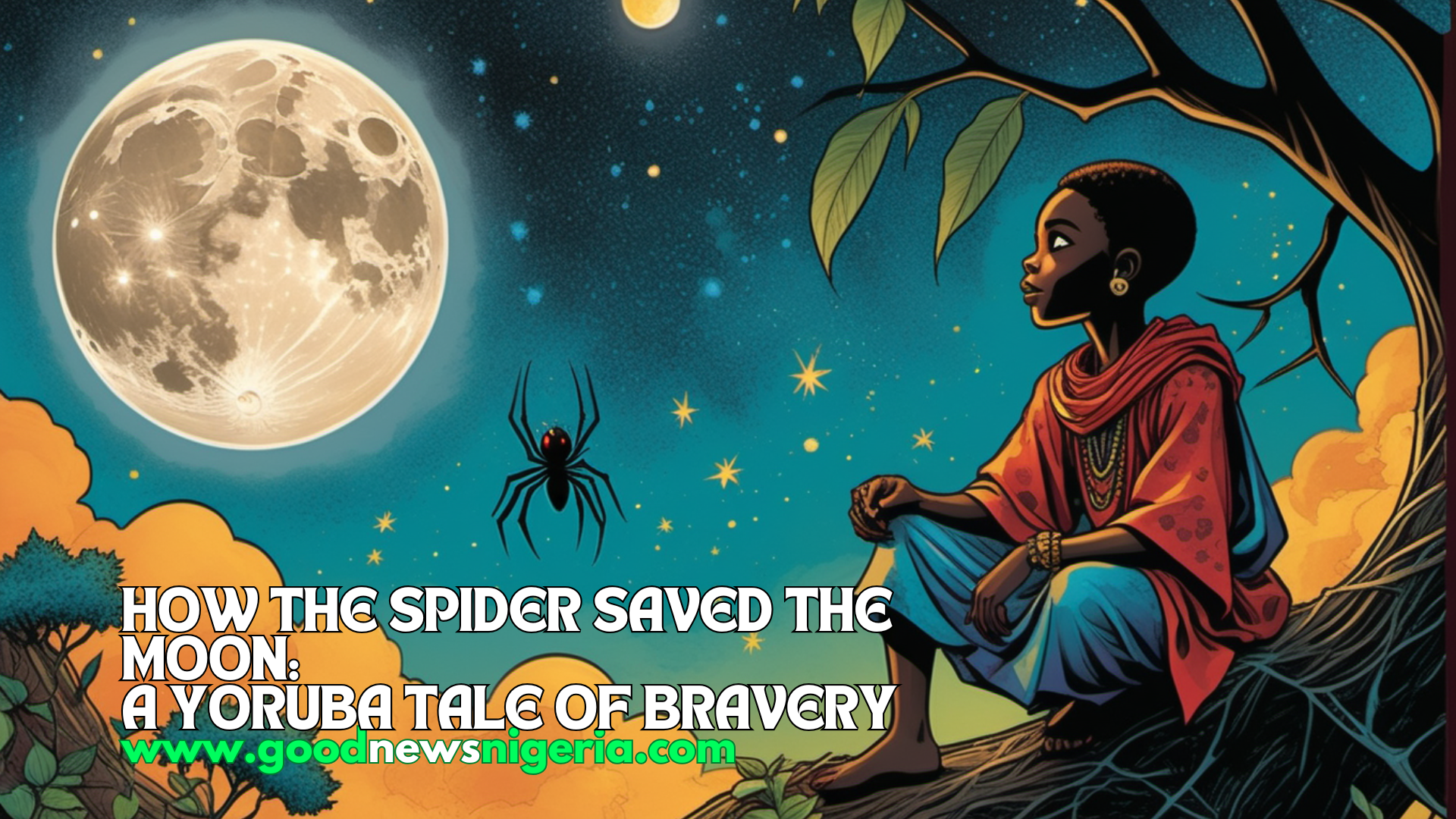
Transforming Community Health: The Role of Bilikiss Adebiyi-Abiola and Wecyclers in Environmental Health Awareness
Environmental health is a critical factor in the well-being of any community. However, many Nigerian communities struggle with waste management, leading to health and sanitation challenges. Addressing this issue head-on is Bilikiss Adebiyi-Abiola, a visionary social entrepreneur and founder of Wecyclers. This innovative waste management program has transformed Nigeria’s approach to waste by promoting recycling, educating communities on environmental health, and creating economic opportunities. Through Wecyclers, Bilikiss has not only improved community health but has also empowered Nigerians to take control of their environment.
Background and Mission of Wecyclers
Bilikiss Adebiyi-Abiola, with a background in computer science and an MBA from MIT, returned to Nigeria with a desire to address the country’s waste management challenges. After observing the health and environmental impact of unmanaged waste in Nigerian cities, she founded Wecyclers in 2012. Her mission was clear: create an efficient, sustainable recycling model that engages communities and reduces waste. Wecyclers is a waste collection and recycling service that incentivizes households to recycle by rewarding them for their contributions, promoting a cleaner environment and healthier communities.
How Wecyclers Works
Wecyclers operates a simple yet effective model that combines environmental sustainability with community empowerment. Here are the key components:
- Waste Collection via Bicycle-Powered Carts: Wecyclers staff use cargo bikes to collect recyclables directly from households. This model is both eco-friendly and cost-effective, allowing access to narrow, densely populated areas.
- Reward-Based Recycling: Households earn points for each kilogram of recyclable material they provide. These points can be redeemed for essential items such as food, cleaning products, and electronics, motivating participation and fostering a culture of recycling.
- Community Education and Awareness: Wecyclers conducts community outreach programs to educate residents on the importance of recycling, waste management, and environmental health.
Achievements and Recognition
Since its inception, Wecyclers has made a substantial impact on waste management and environmental health in Nigeria, garnering national and international recognition. Key achievements include:
- Diverting Over 5,000 Tons of Waste: Wecyclers has successfully collected and recycled thousands of tons of waste, significantly reducing pollution and promoting cleaner communities.
- King Baudouin African Development Prize: This prestigious award recognized Wecyclers for its innovative approach to waste management and its role in promoting sustainable development in Nigeria.
- Partnerships with Government and NGOs: Collaborations with local and international organizations have helped expand Wecyclers’ reach, enabling the program to positively impact even more communities.
Challenges and Resilience
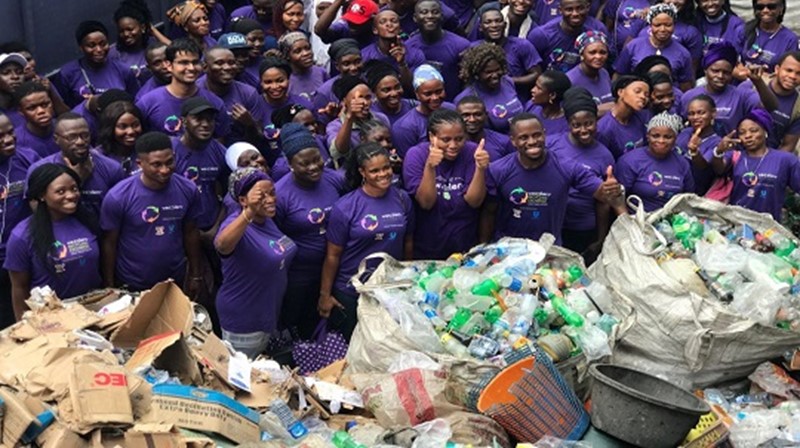
Despite its success, Wecyclers has faced challenges such as limited funding, logistical issues, and public perception around waste collection. However, Bilikiss’s determination and innovative mindset have helped the program thrive. By creating partnerships with local governments and NGOs, she has expanded Wecyclers’ impact and demonstrated resilience in the face of these obstacles. Her commitment to building a cleaner Nigeria has been key to Wecyclers’ growth and sustainability.
Impact on Community Health and Well-being
Wecyclers has made a profound impact on community health by reducing the accumulation of waste, which can attract disease-carrying pests and contribute to respiratory issues. By promoting recycling and educating the public, Wecyclers has raised awareness about the importance of waste management and its connection to health. The initiative has also empowered low-income communities with access to essential resources through its rewards program, improving quality of life and fostering environmental stewardship.
A Vision for Sustainable Waste Management
Bilikiss Adebiyi-Abiola envisions a Nigeria where waste is managed sustainably, communities are engaged in environmental preservation, and recycling is a part of everyday life. She continues to expand Wecyclers’ reach, working toward a model that can be replicated across other Nigerian cities. Her ultimate goal is to create a sustainable waste management ecosystem that benefits both the environment and the people, ensuring cleaner, healthier communities for generations to come.
Conclusion
Through Wecyclers, Bilikiss Adebiyi-Abiola has created a model for sustainable waste management that benefits communities, improves health, and promotes environmental consciousness. Her work demonstrates the power of community engagement in tackling environmental challenges and creating positive change. Wecyclers’ success serves as an inspiring example of how local solutions can make a significant impact, helping build a cleaner and healthier Nigeria for future generations.


